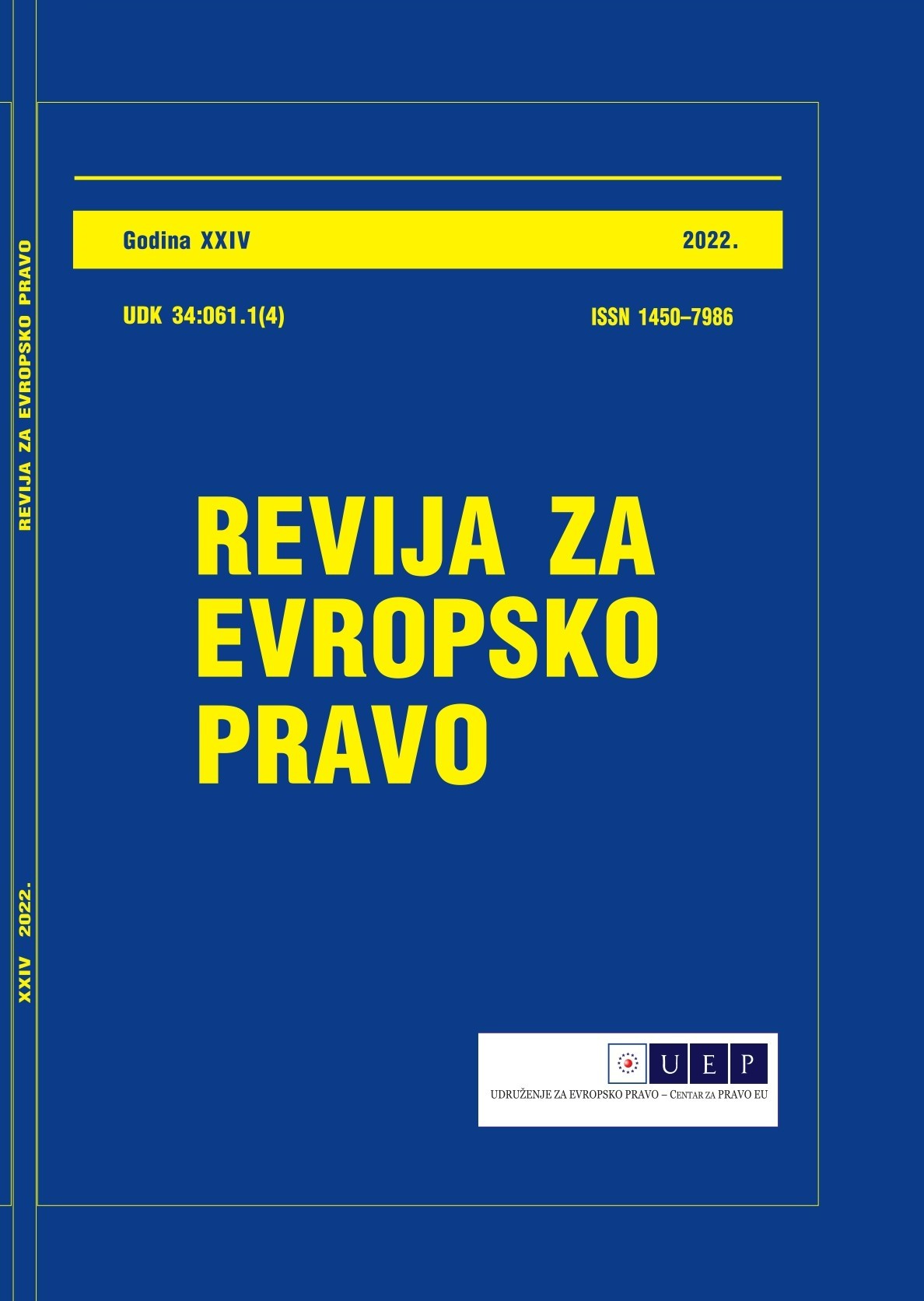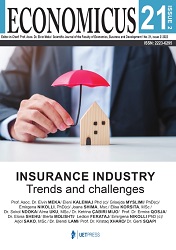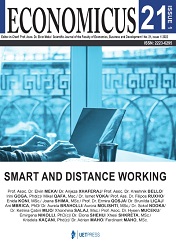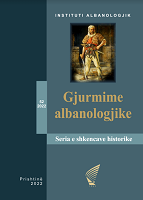
Back to the Treaties: Towards a 'Sustainable' Competition Law
Back to the Treaties: Towards a 'Sustainable' Competition Law
Keywords: competition law; article 101; TFEU; sustainability
Competition law, especially after the advent of the so-called Chicago School, has often been viewed as a policy interested in the pursuit of economic efficiency only, and sometimes it has also been enforced accordingly. However, the call to improve – if not save – the conditions of the environment in which we live has become urgent for our economic, social and legal systems. Therefore, every policy, competition law included, must play its part, as the protection of the environment represents a core value of our societies’ constitutional foundations. In the context of competition law, this means allowing sustainability agreements aimed at pursuing environmentally friendly objectives, such as new products or productive processes. This can be reached through various means, especially by means of the exemption provided by Article 101, paragraph 3, TFEU. This article will analyse the various approaches that can lead to an innovative and environmentally friendly application of competition law, bearing in mind that the inclusion of these concerns in the assessment of competition law cases is rooted in the ‘multi-value’ approach to competition required by the EU Treaties.
More...




